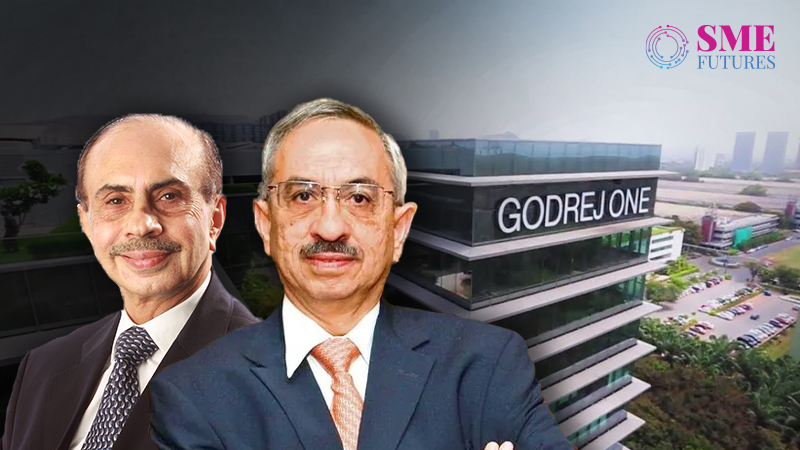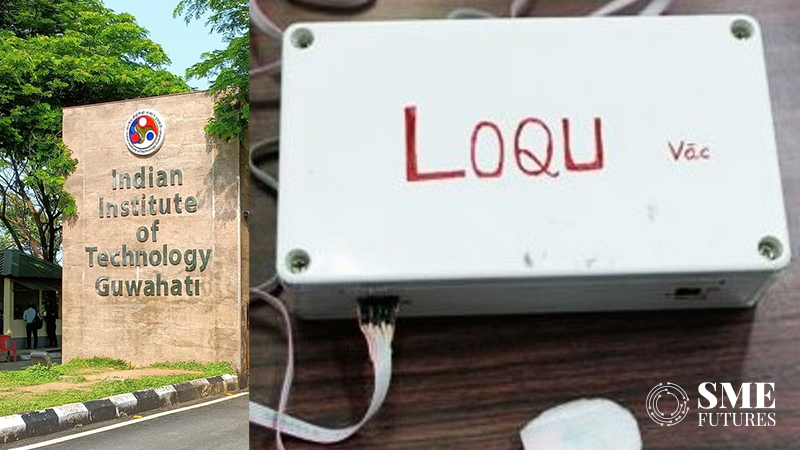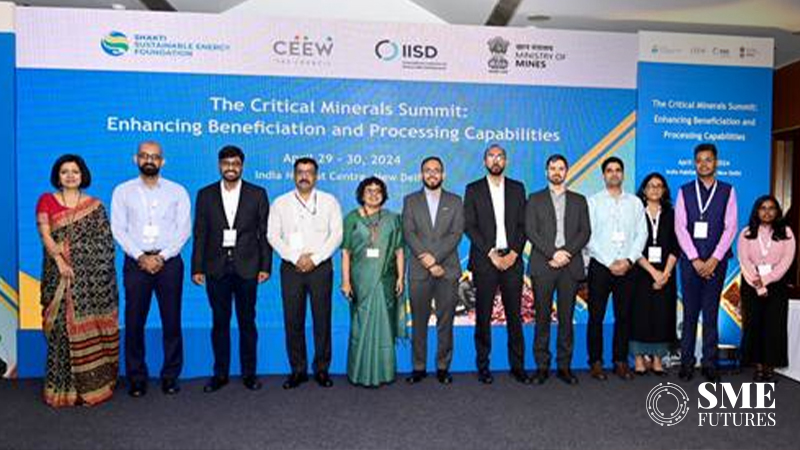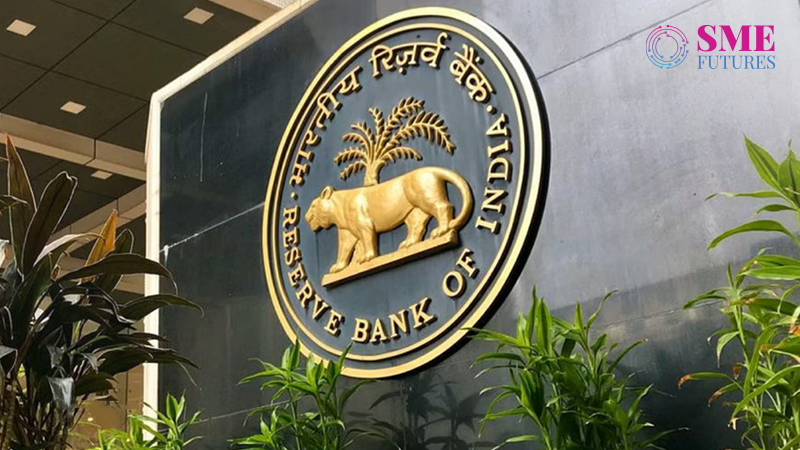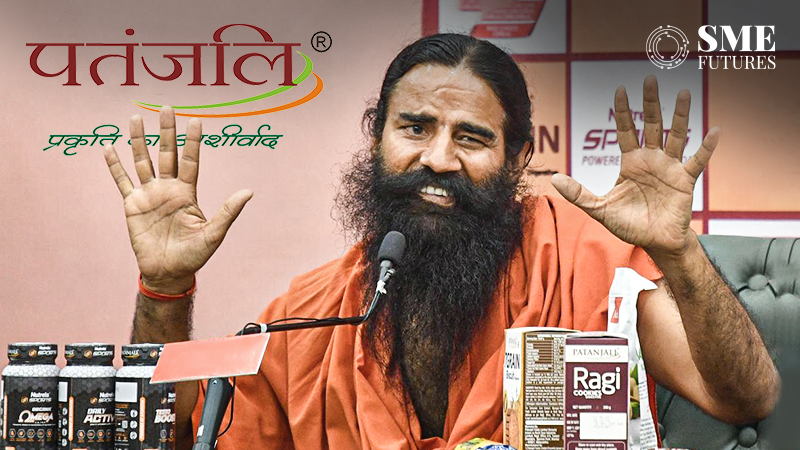Draft cabinet note for National Deep Tech Startup Policy announced at FICCI Industry 4.0 Awards
National Deep Tech Startup Policy serves as a comprehensive framework to address the challenges faced by deep tech startups and provide definitive policy interventions to enhance the ecosystem
Parul December 1, 2023
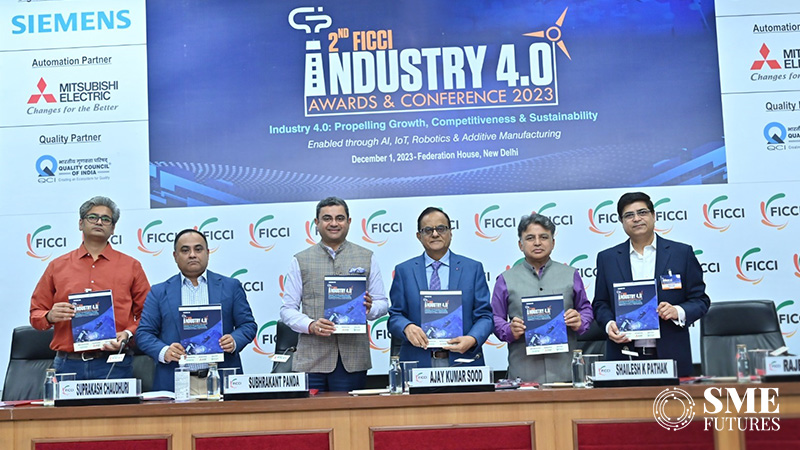
MORE IN News
Worldline ePayments India gets RBI approval to operate as payment aggregator
India woos foreign investors for big push to critical minerals sector
Groww gets RBI’s in-principle nod to operate as payments aggregator
Retail sectors surge as consumption reaches grassroots: CMS report
Addressing the 2nd edition of FICCI Industry 4.0 Awards, Professor Ajay Kumar Sood, Principal Scientific Advisor today announced the draft Cabinet note for Deep Tech Startup Policy is being prepared by DPIIT. He said that deadline for comment on the draft policy was over and through this initiative we are looking at significant changes in the policy for Deep tech startups.
National Deep Tech Startup Policy serves as a comprehensive framework to address the challenges faced by deep tech startups and provide definitive policy interventions to enhance the ecosystem. The unveiling of the draft policy on Deep Tech Startups was a pivotal step toward fostering the growth and development of advanced technology startups, particularly in the realm of Industry 4.0. By focusing on deep tech, the policy aims to bolster innovation and R&D in sectors crucial to Industry 4.0, enabling these startups to spearhead transformative changes in manufacturing, healthcare, and beyond, added Professor Sood.
Professor Sood further said, “The Government of India recognises the transformative potential of Industry 4.0 and is taking proactive steps to align our national policies with this new industrial paradigm. Initiatives like ‘Make in India’ and ‘Digital India’ are more than just campaigns; they are part of a strategic effort to position India as a hub of high-tech manufacturing and digital innovation.
With launching of Anusandhan National Research Foundation (ANRF) and Quantum Mission, we are investing in research and development, building bridges between academia and industry, and nurturing an environment where innovation can thrive. These initiatives are instrumental in creating the right ecosystem for Industry 4.0 to flourish in India, paving the way for a future that is both technologically advanced and economically robust.”
He also invited industry to join hands with the government in its Quantum Mission and also in the recently established ‘Anusandhan National Research Foundation’ (ANRF).
Prof Sood mentioned the following key areas namely ‘Skill and Capacity Development’, ‘Encourage knowledge transfer between academia and industry; and promote technology commercialisation’, ‘Strengthen Digital Public Infrastructure’, ‘Establish industry standards for interoperability and compatibility’, ‘Develop agile and adaptive regulatory frameworks’, ‘Invest in Cybersecurity’ and ‘Enhance Data Governance’ are the focus areas where concerted efforts among stakeholders is needed to boost our preparedness and to build our competitiveness towards Industry 4.0.
Subhrakant Panda, President, FICCI, mentioned that it is a pivotal moment for Indian economy, as the nation is not only eyeing remarkable growth but is also placing a strong emphasis on sustainable, resilient, and inclusive development. Undoubtedly, technology is poised to be the driving force behind this transformative journey.
Acknowledging the pivotal role of technology in this transformative journey, Panda emphasised the nation’s commitment to becoming the third-largest global economy within next few years. Highlighting the remarkable achievements of India in the technology space, he spotlighted India’s success in administering the world’s largest vaccination program, with over 2 billion doses of the COVID-19 vaccine delivered seamlessly, the use of digital certificates showcased India’s technological capabilities on a global scale. He applauded the government’s proactive stance, announcing specific initiatives to promote artificial intelligence (AI). Mr Panda also appreciated the focused efforts of the maturity assessment framework by FICCI Industry 4.0 Committee.
Mr Suprakash Chaudhuri, Chairman, FICCI Industry 4.0 Committee and Executive VP & Country Head, Digital Industries, Siemens ltd. mentioned that we are mindful of our government emphasises on ‘vocal for local’ and FICCI Industry 4.0 Committee is helping businesses search for ways to resolve the predicament through local sourcing versus global sourcing, realigning supplier networks, ramping up inventories etc.
Rajeev Singh, Co-Chair, FICCI Industry 4.0 Committee and Partner, Deloitte said, “Today, the industry stands as a testament to the successful integration of cutting-edge technologies and advanced manufacturing processes. India has emerged as a global hub for manufacturing, attracting the interest of nations from across the globe. The strategic blend of manufacturing excellence and technological prowess has positioned India as a preferred destination for nations looking to establish a manufacturing footprint.”
KG Chandrasekhar, Co-Chair, FICCI Industry 4.0 Committee and Senior Vice President, SAP Labs India said, “Special focus on emerging technologies, sustainability and operational excellence, underscores the pivotal role that Industry 4.0 technologies play in not only driving economic growth and competitiveness but also in shaping a future that is environmentally sustainable.”
On occasion, the FICCI Industry 4.0 Handbook was also released. The handbook elaborates on the entire award process and details about the awardees and their best practices. In addition, the 2nd FICCI Industry 4.0 Awards were also announced.
